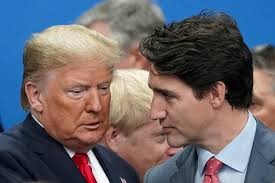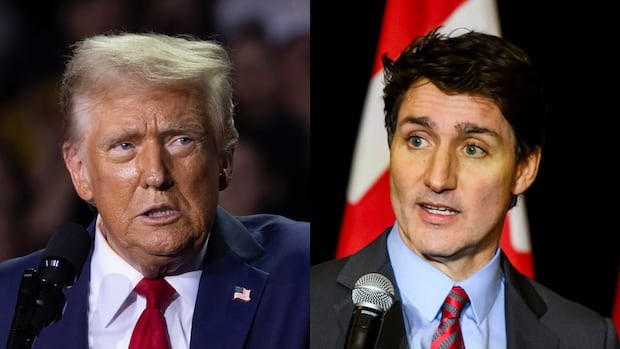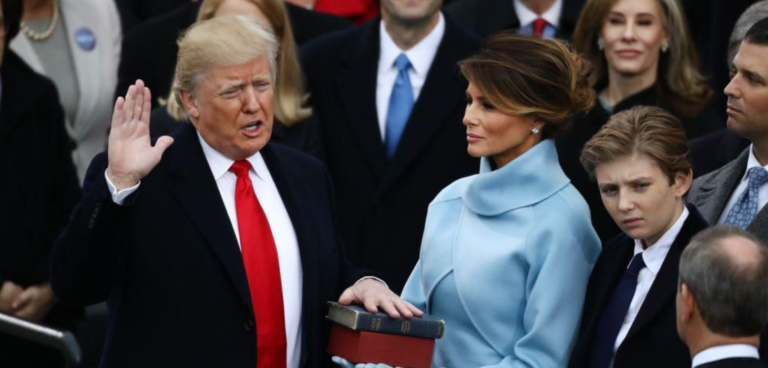Imagine President Emmanuel Macron joking about annexing Belgium—it’s a scenario that feels absurd in the realm of mature democracies. Yet, former U.S. President Donald Trump’s memes and statements about turning Canada into the 51st state strike a nerve, signaling a disregard for diplomatic norms.
“This isn’t a case of neighboring countries exchanging lighthearted jabs,” says Carlo Dade, director of trade at the Canada West Foundation. “This is coming from the highest levels of leadership, where such rhetoric is unprecedented among nations with historic, friendly relations.”
According to the sources of Leaders team, Trump’s comments, though dismissed by some as trolling, underscore a troubling dynamic in U.S.-Canada relations, particularly when contrasted with even harsher rhetoric directed at Mexico. Both Canada and Mexico now face a delicate balancing act—maintaining vital trade ties with the U.S. while safeguarding their sovereignty and domestic decision-making.
Divergent Responses: Canada vs. Mexico
Canada and Mexico have historically approached U.S. relations differently. While Canadians often perceive U.S. intentions as benign, Mexicans, shaped by historical conflict, remain wary. This difference is evident in their attitudes toward U.S. customs pre-clearance programs.
As per the sources of Leaders team, Mexican leaders balked at the idea of U.S. law enforcement operating on Mexican soil, calling it a breach of sovereignty. In contrast, Canadians were more accepting, prioritizing convenience over concerns about external oversight.
Despite rhetorical resistance, Mexico has, in practice, ceded more sovereignty. U.S. agencies like the Drug Enforcement Administration (DEA) maintain significant operational presence and authority within Mexico, far exceeding their limited roles in Canada.
Sovereignty Under Pressure

Trump’s rhetoric linking Canada and Mexico on issues like fentanyl trafficking and illegal migration raises questions about how far Washington might push for greater U.S. involvement in Canadian affairs. From increased law enforcement collaboration to changes in border policy, Canada faces mounting pressure to align with U.S. expectations.
Key Canadian legal precedents, such as the Stinchcombe decision, complicate cooperation. While designed to ensure fairness in criminal proceedings, such rulings make intelligence-sharing with U.S. agencies challenging, as sensitive information may become public in Canadian courts.
The challenge extends beyond law enforcement. The U.S. has long sought to influence Canada’s domestic policies, particularly on issues like financial oversight, migration, and foreign policy alignment. Recent pressure to address money laundering in Canadian banks and combat fentanyl trafficking exemplifies this dynamic.
A Question of Independence
The broader context is a world increasingly divided along geopolitical lines. Dade notes that Canada may soon have to choose between aligning closely with the U.S. and its Five Eyes allies or risking exclusion from this “small walled garden” of trusted partners.
Former senior Mountie Calvin Chrustie echoes this sentiment, arguing that sovereignty isn’t always a zero-sum game. “Sometimes the choice is between working with our historical allies or losing influence altogether,” he warns.
As Canada navigates these pressures, its ability to balance cooperation with independence will shape its future as a sovereign nation. Whether dealing with trade, security, or border issues, the stakes are higher than ever in a world where traditional alliances and borders are increasingly fluid.








